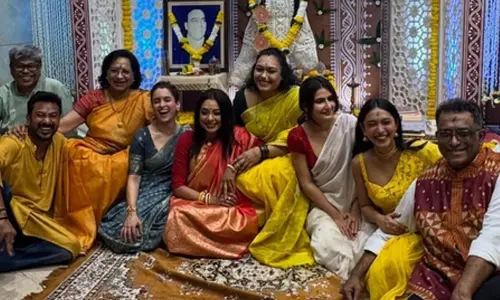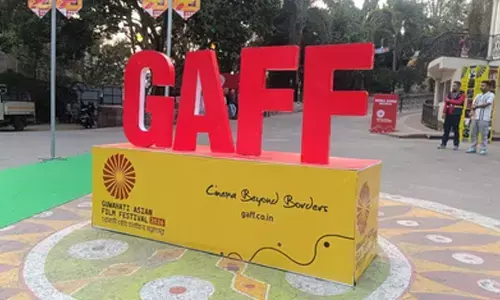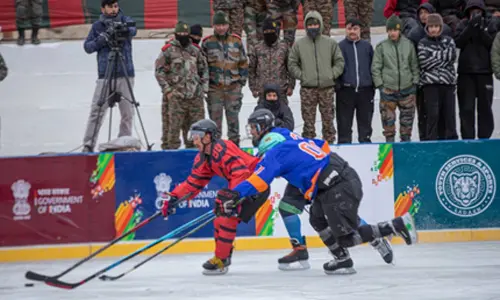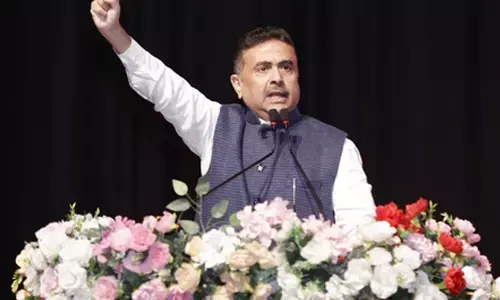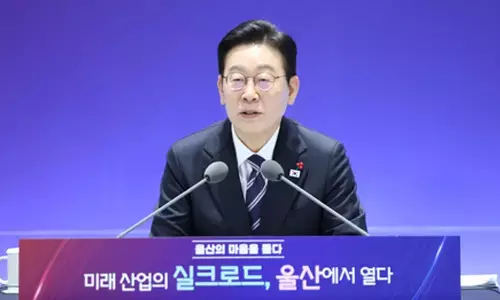Reminiscences of glorious days gone by
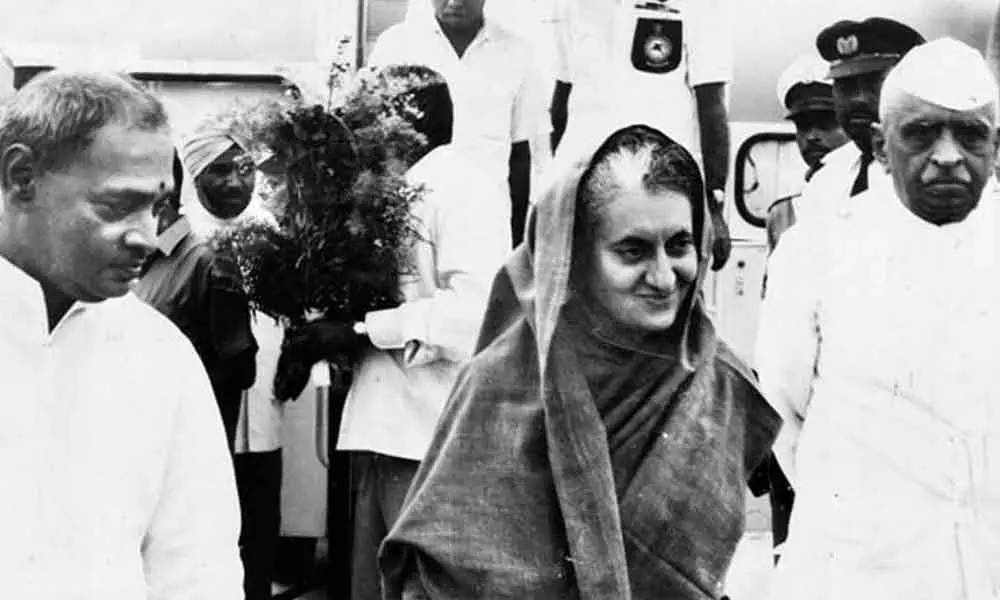
Over four decades of public service, this columnist had the opportunity to work with many distinguished personages with varied backgrounds. From Kasu Brahmananda Reddy, (who was the Chief Minister when he joined service) to Y S Rajasekhara Reddy, (who headed the then Andhra Pradesh State government which he last served as the Chief Secretary).
The list is long and comprises such eminent leaders of yesteryears such as P V Narasimha Rao, J Vengala Rao, N T Rama Rao, Dr M Chenna Reddy, Sharda Mukherjee, K C Abraham, Justice M Hidayatullah and N Chandrababu Naidu. Many incidents and experiences with those people have been chronicled elsewhere by this columnist.
There were others with whom this columnist did not work closely but had the honour and privilege of watching them from a distance. Recalling this week, in this column, are a few incidents of interest involving some of those persons.
As was well-known, J Vengala Rao was a man of very few words - the strong silent type. While this columnist was serving as the Secretary to the then Governor of Andhra Pradesh Sharda Mukherjee, one day a matter came up for consideration involving the upgradation of a post in the Police Department from the level of Deputy Inspector General of Police to Additional Inspector General of Police.
Those were the days when the head of the Police Department was only an Inspector General (IG) (not a Director General as is the case these days). A perusal of the file showed that the proposal, which had emanated from the IG, had been stoutly opposed by the Home Department of the Secretariat, the General Administration Department, the Chief Secretary, the Finance Secretary and the Minister of Home Affairs.
Vengala Rao, the Chief Minister, had, however, parenthesised (in the margin) the operative portion of the note (in which the opposition to the proposal had been summarised), and interestingly enough, written the comment, "I agree. But the proposal may be approved." That just showed the type of man he was.
He not only had the grace to concur with the opposition to the proposal, but also the courage to reiterate his own desire that it may still be approved, the resistance to it notwithstanding! Naturally enough, the Governor asked what she ought to do in the circumstances. And, equally justifiably, this columnist's reply was that when all was said and done, it was the Chief Minister's desire that must be acquiesced in.
Unless, of course, the Governor had a strong enough reason to differ with the Head of the Government on what ultimately was a relatively minor administrative issue.
This columnist was the Secretary also to Governor K C Abraham, who succeeded Sharda Mukherjee. An elderly gentleman with a deceptively mild disposition, he possessed a will as strong as steel.
He was, in fact, the person who had earlier refused to budge from a principled stand when the Congress party had split following Indira Indira Gandhi's "Kamaraj Plan" to unseat the top bosses of the party. One morning, early in his tenure in Raj Bhavan, he was being examined by the medical officer.
Upon being told that the Governor was a diabetic, the doctor advised him to desist from consuming bananas. Abraham gave the doctor a sweet smile and said, "I am from Kerala. I cannot do without bananas. Kindly take that as a given and then proceed with your treatment!"
Khandubhai Desai, a veteran of the Independence movement and a noted labour leader, was easily one of the most distinguished persons to occupy the Governor's position in the then Andhra Pradesh State. It was as the Sub-Collector of Ongole subdivision in Prakasam district that this columnist had the honour of seeing Khanudbhai for the first time.
The visit was even more memorable as on the eve of the Governor's visit, this columnist had been deputed to Hyderabad to buy furniture for the use of the Governor during his visit – a rare opportunity to visit the State capital in the early days of one's service! Khandubhai was known for his rigidly principled stand on many issues and was held in great esteem by the highest people in the State and the country.
Prior to one of her visits to the State, Prime Minister Indira Gandhi wrote to the Governor intimating her intention to visit Hyderabad. It was the custom those days for Prime Ministers to write such letters and for the Governor to write back inviting the Prime Minister to stay at the Raj Bhavan.
It is another matter that such niceties have now become things of the past. And Khandubhai, while replying, inserted a rider saying that Mrs Gandhi must agree to his stipulation that only vegetarian meals would be served! What is more, Mrs Gandhi, a confirmed non-vegetarian (the Blue Book covering the Prime Minister's dietary habits mentioned this very clearly) that she was, gladly accepted the condition! When Khandubhai completed his tenure of office and was eager to return to his native place, the government of India was delaying the decision about his successor.
Having waited for some time, he had to threaten to take recourse to the constitutional provision enabling a Governor to "demit" office unilaterally, before the government of India woke up and appointed his successor! What days those were! Just contrast that attitude with the present situation when people queue up for the Gubernatorial posts, and stubbornly cling on to them, much after the expiry of the tenures, hoping for extensions or reappointment.
It was during that period that the Shah of Iran visited Hyderabad city. It was a full-fledged State visit and the district protocol had to be followed. The Governor's Secretary and the Chief Secretary had a lengthy session with Khandubhai and explained to him the nuances of the protocol involved, and the need to adhere to the prescriptions very closely.
At one point, the Governor lost his patience and told them that he had had enough experience in public life and knew very well how to conduct himself on such occasions. The two officials gave up and resigned themselves to the shape of things to come. An important item in the programme was the State Banquet to be hosted by the Governor for the visiting dignitary.
Khandubhai had been told specifically that the Shah had to be addressed as "Your Imperial Highness" and not in any other manner. And, as the national anthems of the two countries had been played, and the Governor and the Chief Guest sat down to dinner, Khandubhai patted the Shah of Iran on his back and started the conversation with "Shah Saab.......!". But, then, Khandubhai was Khandubhai, and could get away with what would otherwise have been an unforgivable lapse in decorum, thanks to his towering personality and stature in public life.
None of these happened so long ago as to be said to have occurred in the "days of wine and roses" as the expression goes. Still, even within the short while between then and now, the dignity and the firmness of the value system that informed the conduct and behaviour of high personages would certainly appear to have taken a backseat.
The imperatives of raw political considerations are rapidly taking precedence over the need for good governance. The message one wishes to convey, through the chronicling of these incidents, is only that there are such things as strength of character and the courage of one's conviction, which should prevail over rigid rules and petty requirements of form, in moments of importance.
(The writer is former Chief Secretary, Government of Andhra Pradesh)










